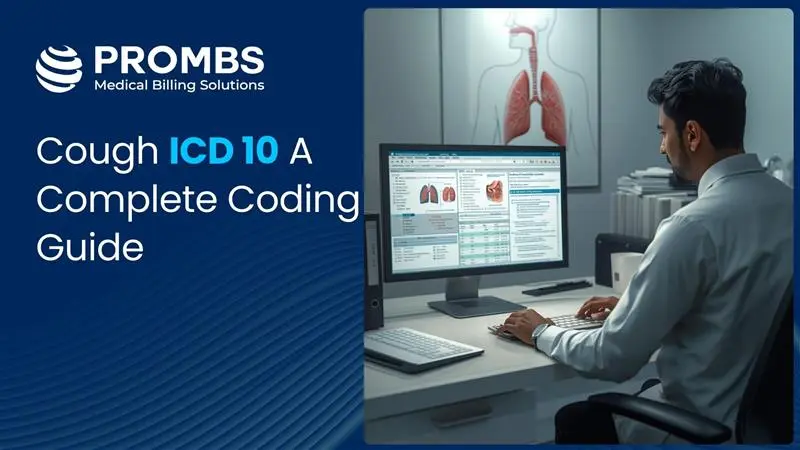The term prior authorization might sound confusing or overwhelming at first. However, understanding what it means and why it matters can make managing your healthcare much easier. Whether you’re a patient or a healthcare provider, knowing how prior authorizations work can save time, reduce stress, and help you avoid unexpected delays or costs.
In this guide, we will explain what a prior authorization is, why it matters, and how the process typically works.
What Is a Prior Authorization?
A prior authorization is a formal approval from your health insurance company before you receive a specific medical service, medication, or procedure. Insurance companies use prior authorizations to make sure that the treatment or drug you need is medically necessary and fits within their coverage rules.
This process helps control costs, prevent unnecessary treatments, and ensure patients receive safe and effective care.
Why Do Insurance Companies Require Prior Authorizations?
Wondering why prior authorizations are required? Here are the primary reasons insurers use this process.
Control Healthcare Costs
Prevent Unnecessary or Risky Treatments
Ensure Appropriate Use of Medications
Many drugs, especially newer or specialized medications, require careful management. Prior authorization helps monitor their use and confirms that the prescribed medication is appropriate for the patient’s condition.
How Does the Prior Authorization Process Work?
Step 1 Doctor or Provider Submits a Request
When your healthcare provider recommends a service or medication that requires prior authorization, they submit a request to your insurance company. This request typically includes details about your diagnosis, treatment plan, and medical history.
Step 2 Insurance Company Reviews the Request
Step 3 Approval or Denial
Step 4 Communication of the Decision
What Types of Services Often Need Prior Authorization?
- Specialty medications such as biologics or new drugs
- Advanced imaging tests like MRI, CT scans, or PET scans
- Elective surgeries or procedures
- Durable medical equipment, such as wheelchairs or oxygen supplies
- Certain laboratory tests
What Should Patients Know About Prior Authorizations?
Even with the best tools, your strategy matters. Here are a few practical tips to make your scheduling more efficient and physician-friendly.
Prior Authorization Can Take Time
You Can Help by Being Proactive
Understand Your Rights If a Request Is Denied
How Can Providers Simplify Prior Authorizations?
Use Electronic Prior Authorization Tools
Stay Informed on Insurance Policies
Work with Medical Billing and RCM Experts
Why Prior Authorization Matters for Both Patients and Providers
While prior authorizations can seem like an extra step, they play an important role in the healthcare system.
- They help control healthcare costs, which benefits everyone by keeping insurance premiums manageable.
- They promote the safe and appropriate use of treatments.
- They encourage communication between patients, providers, and insurers to ensure the best possible care.
Understanding the process empowers patients to advocate for themselves and helps providers deliver efficient, compliant care.
Conclusion
Knowing what a prior authorization is and how it works can make healthcare less confusing. It is a necessary process that ensures treatments are safe, effective, and covered by insurance. Patients can avoid delays by staying proactive, and providers can streamline approvals by using electronic tools and expert billing support.
To simplify your billing and prior authorization process, consider partnering with a trusted medical billing service. With the right support, everyone benefits from smoother healthcare experiences and better outcomes.



